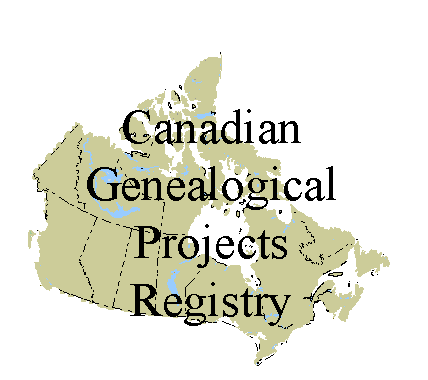|
|
Taken from 1963 Commemorative Newspaper,
Lloydminster, Saskatchewan
In the very early days of the 20th Century a meeting took place
in England between two Anglican ministers that ultimately resulted
in one of the largest colonization enterprises in the Canadian West
- an enterprise fraught with mismanagement, dissension and disillusionment.
One of the ministers, the Rev. G. E. Lloyd had spent some years
on the Canadian prairies and, indeed, had fought in the militia
during the Riel Rebellion. The other minister, the Rev. I. M. Barr,
claimed he had farmed in the west for 15 years and knew it well.
Barr confided in Lloyd that he was planning a large-scale colonization
project and invited the latter along as chaplain since he, Barr,
was intending to return to farming. Pamphlets were distributed throughout
England and Scotland that made optimistic claims for the project
that were far from accurate. Yet, in spite of cautions from papers
such as the Saskatchewan Herald, applications poured in, applications
often accompanied by cash for homestead fees and travel expenses.
Such monies totalled significant amounts yet were handled by Barr
in a manner that at best could be called casual.
Eventually 2,684 colonists boarded a former troop-carrier that
was intended to carry no more than 900 passengers. Food supplies
were totally inadequate and only intervention by Lloyd calmed the
anger of the hungry colonists.
In Saint John, New Brunswick, Barr disappeared from sight as Lloyd
learned that no transportation arrangements had been made to move
the colonists westward. Lloyd again intervened and managed to arrange
rail transportation to Saskatoon where in April, 1903, about 1,500
colonists arrived, the rest having left the train in Manitoba. At
this point Barr appeared - but not most of the colonists luggage,
which never was recovered.
With carts carrying what possessions they had, the colonists walked
virtually the whole way, often through mud and mire, to their new
home. Coming from the industrial cities of England they lacked the
skills to handle ox teams or to hunt and suffered accordingly. Arriving
at a bleak and desolate site the colonists turned to the man who
had worked so hard to make good the shortcomings of his fellow cleric.
Lloyd became their leader and the settlement that grew so painfully,
remembers him in its name - Lloydminster.
Credits
The AFHS wishes to thank member Noreen Chambers who transcribed
the listing of the Barr Colonists, from the Lloydminster newspaper
which originally published the listing, and to Peter Morgan who
provided this introduction to the Barr Colonists for this site.
A news story regarding the Colonists from the Daily
Phoenix of April 10, 1903 has been put online by the University
of Saskatchewan. A good print resource for more background is: Muddling
Through: The Remarkable Story of the Barr Colonists by Lynne
Bowen and published by Douglas & McIntyre in 1992.
|



